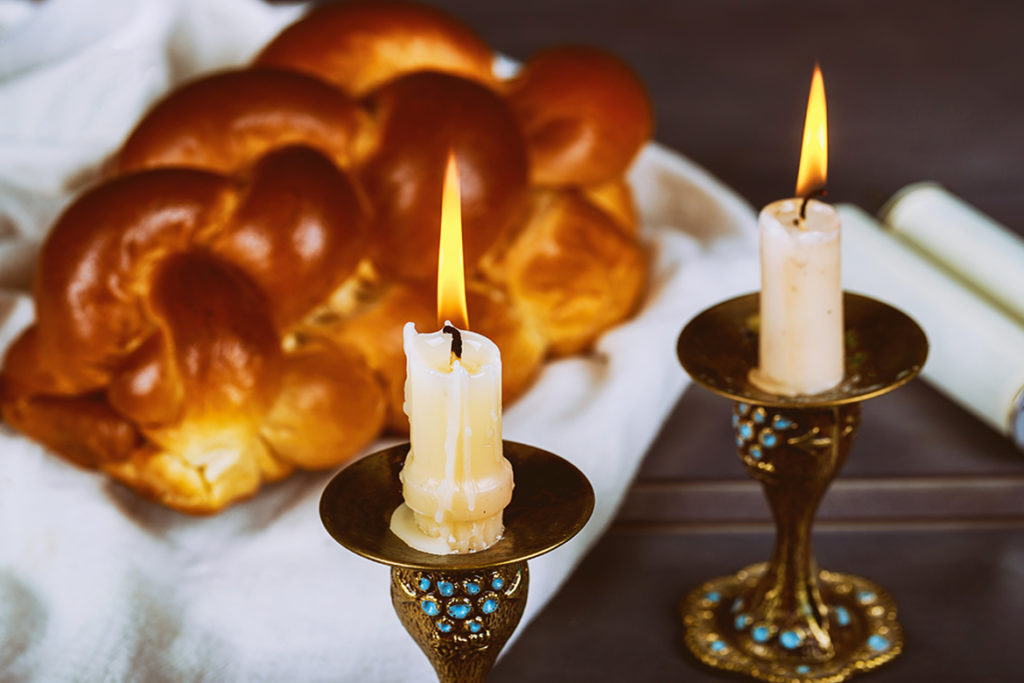Parshat Emor: The Holiness of Eating on Shabbat

In Parshat Emor, the Torah teaches us about the particular laws pertaining to the Kohanim, the priests. The Kohanim must act with additional levels of restriction because they have important mitzvot only they can do in the service of the Beit Hamikdash, the Holy Temple in Jerusalem. Their holy service sets them apart. They must maintain high levels of personal purity and holiness, which involve several stringencies. For example, they are not to come into contact with corpses, they must marry specific categories of women, etc. Because they are required to eat from the offerings of the Beit Hamikdash, they have to eat in holiness, too.
We too are able to eat in holiness, especially on Shabbat. During Shabbat, we are able to experience a higher level of eating than during the week. On Shabbat, our eating is a purely spiritual act. During the week, even though we eat only kosher foods and avoid non-permitted foods, and even though we say blessings on our food, the act of eating is mixed. We eat with more earthly desires. On Shabbat, we are able to eat from a higher place.
Rebbe Nachman teaches us something surprising. He says that a person can accomplish more, spiritually speaking, with his Shabbat eating than what he can accomplish through fasting. Mainly, we are able to come closer to Hashem and defeat the yetzer hara on Shabbat through the act of eating. This doesn’t give us license to overeat, but it does remind us of what we are capable of with our simple acts. On Shabbat, we keep in mind that we are eating “lekavod Shabbat”, for the honor of Shabbat, and this helps us elevate our Shabbat meals into something truly spiritual. Unlike during the week, we can attain true holiness by fulfilling the mitzvah of eating on Shabbat.
May you have a day in which you reach for the heights of holiness.
To hear a Breslov audio mini-lesson daily, click on this WhatsApp Invitation and join the group.